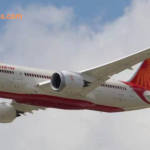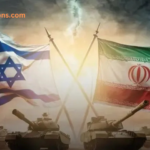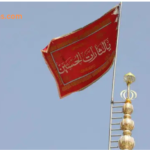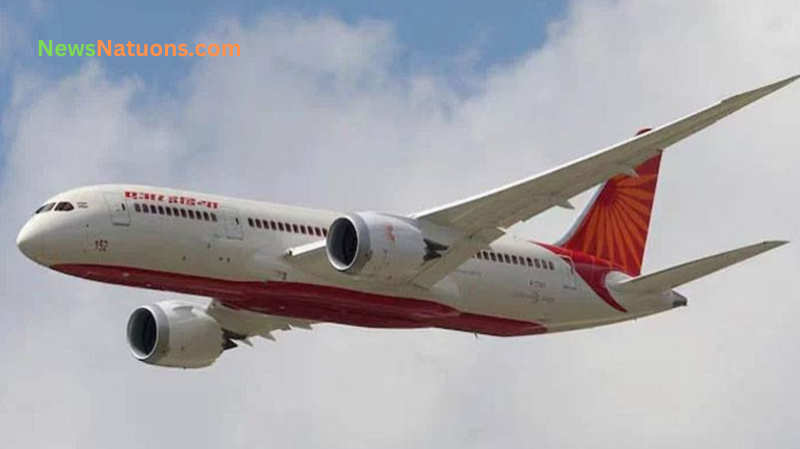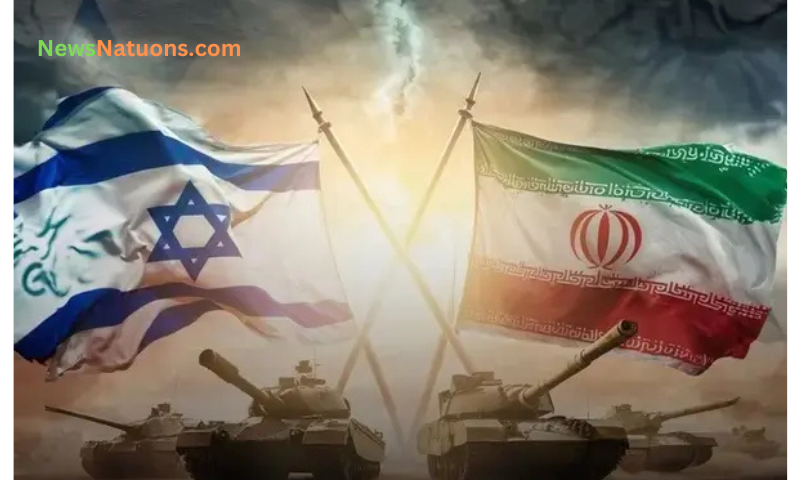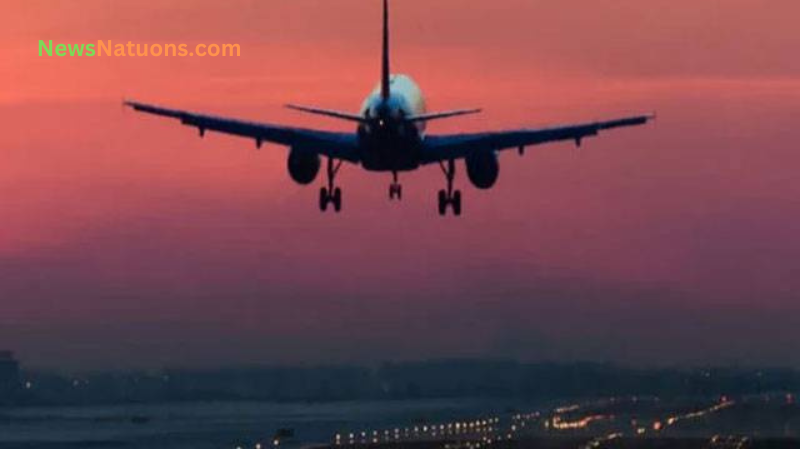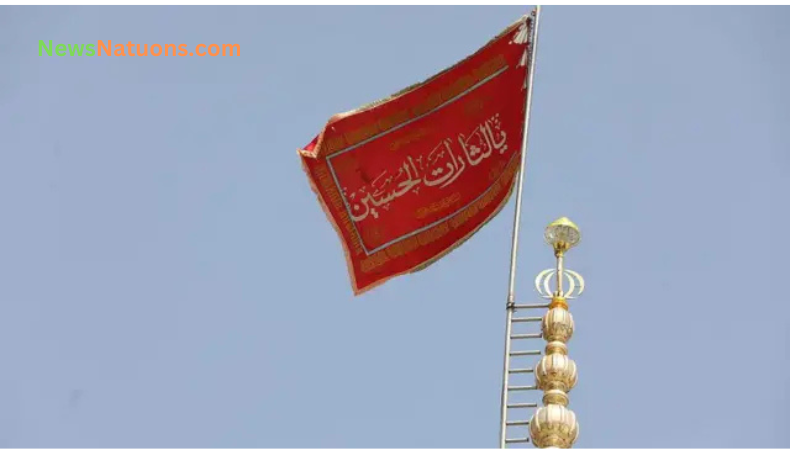The longstanding tensions between Pakistan and India have once again escalated, leading to growing political and military unease in the region. Recent cross-border incidents and inflammatory rhetoric from both sides have reignited concerns over the fragile peace along the Line of Control (LoC). As the situation becomes more volatile, Indian Prime Minister Narendra Modi finds himself under increasing domestic and international pressure to handle the crisis with caution and responsibility.
Cross-Border Incidents Stir Diplomatic Strain
Recent weeks have witnessed a surge in cross-border firing and violations of ceasefire agreements, particularly in sensitive sectors along the LoC. Civilians on both sides have reported damage to property and threats to their safety, forcing many families to relocate. Pakistan has strongly condemned what it describes as “unprovoked aggression” by Indian forces, while India accuses Pakistan of supporting militancy across the border. These accusations have worsened the already tense relations and brought both nations to the brink of a larger conflict.
Modi Government Faces Growing Criticism
As tensions escalate, Prime Minister Modi is facing growing criticism from opposition parties and human rights organizations within India. Many question his aggressive stance and accuse him of prioritizing political gain over national stability. Critics argue that instead of pursuing meaningful dialogue, Modi’s administration has relied on military posturing and nationalist rhetoric, which only serve to inflame the situation. The mounting pressure from within India is making it difficult for the Modi government to maintain its current hardline approach without significant political fallout.
International Community Calls for Restraint
The international community is closely monitoring the situation and has urged both countries to show restraint and avoid further escalation. The United Nations, along with several Western countries, has called for a peaceful resolution through dialogue and diplomacy. There is growing concern that any misstep could lead to a wider conflict in a region already burdened with geopolitical complexities. International actors are particularly worried about the nuclear capabilities of both nations and the devastating consequences of any full-scale military confrontation.
Economic and Security Implications for the Region
Beyond political tension, the rising conflict is also affecting the economic outlook of both countries. Investors are growing wary, and regional markets have shown signs of instability. Tourism and cross-border trade have taken a significant hit, especially in border regions. Moreover, the focus on military readiness is diverting resources from critical social and economic development programs, both in India and Pakistan. The longer the crisis continues, the more damage it is likely to cause on both sides of the border.
A Call for Peaceful Resolution
At this crucial juncture, there is a strong need for rational diplomacy and peace-building efforts. The people of both nations deserve stability, security, and progress—not the constant threat of war. It is imperative for leadership on both sides to step back from the brink and engage in sincere dialogue. While tensions may be high, history has shown that diplomatic channels can open the path to long-term peace. The world watches as Modi faces one of the toughest tests of his leadership amid escalating tensions with Pakistan.
پاکستان اور بھارت کے درمیان طویل عرصے سے جاری کشیدگی ایک بار پھر شدت اختیار کر چکی ہے۔ حالیہ سرحدی جھڑپوں اور دونوں ممالک کے سخت بیانات نے خطے میں ایک مرتبہ پھر بے چینی پیدا کر دی ہے۔ لائن آف کنٹرول (ایل او سی) پر وقفے وقفے سے ہونے والی فائرنگ اور بڑھتی ہوئی سفارتی تلخیوں نے اس بات کو واضح کر دیا ہے کہ دونوں ایٹمی طاقتیں ایک نازک موڑ پر کھڑی ہیں۔ اس تمام صورتحال کے باعث بھارتی وزیرِاعظم نریندر مودی کو اندرونی اور بیرونی دباؤ کا سامنا ہے۔
سرحدی جھڑپوں سے پیدا ہونے والی کشیدگی
گزشتہ دنوں ایل او سی پر کیل، کیرن اور ددھیال سیکٹرز میں فائرنگ کے متعدد واقعات سامنے آئے ہیں، جن میں شہری آبادی کو نشانہ بنانے کی اطلاعات بھی شامل ہیں۔ پاکستان نے ان حملوں کو بھارتی اشتعال انگیزی قرار دیتے ہوئے سخت مذمت کی ہے۔ دوسری جانب بھارت کی جانب سے پاکستان پر دہشتگردوں کی حمایت کا الزام لگایا گیا ہے۔ ان الزامات اور جوابی بیانات نے دونوں ممالک کے درمیان سفارتی تعلقات کو مزید خراب کر دیا ہے۔
مودی حکومت پر تنقید میں اضافہ
بھارتی وزیرِاعظم نریندر مودی کو اس بڑھتی ہوئی کشیدگی کے باعث اپوزیشن جماعتوں، انسانی حقوق کے اداروں اور سول سوسائٹی کی جانب سے سخت تنقید کا سامنا ہے۔ ناقدین کا کہنا ہے کہ مودی حکومت نے سیاسی مقاصد کے لیے قومی سلامتی کے مسائل کو ہوا دی ہے۔ ان کا مؤقف ہے کہ مذاکرات کے بجائے محاذ آرائی کو ترجیح دینا ملک کے مفاد میں نہیں ہے۔ داخلی دباؤ کے باعث مودی حکومت کے لیے جارحانہ پالیسی جاری رکھنا سیاسی طور پر نقصان دہ ثابت ہو سکتا ہے۔
عالمی برادری کی تشویش
عالمی طاقتیں اس صورتحال پر گہری نظر رکھے ہوئے ہیں اور دونوں ممالک پر زور دے رہی ہیں کہ وہ تحمل اور ہوش مندی کا مظاہرہ کریں۔ اقوام متحدہ اور کئی مغربی ممالک نے کہا ہے کہ پاکستان اور بھارت کو بات چیت کے ذریعے مسائل حل کرنے چاہئیں۔ ایٹمی صلاحیت رکھنے والے دونوں ممالک کے درمیان کشیدگی عالمی امن کے لیے خطرہ بن سکتی ہے، جس کے باعث عالمی برادری کی تشویش بجا ہے۔
اقتصادی اور سیکیورٹی اثرات
سیاسی کشیدگی کے ساتھ ساتھ اس کا منفی اثر دونوں ممالک کی معیشت پر بھی پڑ رہا ہے۔ سرمایہ کاروں کا اعتماد متزلزل ہو رہا ہے اور سرحدی علاقوں میں تجارت اور سیاحت شدید متاثر ہو چکی ہے۔ دفاعی تیاریوں پر بڑھتے اخراجات کی وجہ سے ترقیاتی منصوبوں کو نقصان پہنچ رہا ہے، جو عام شہریوں کی زندگیوں پر بھی اثر انداز ہو رہا ہے۔
پائیدار امن کی ضرورت
موجودہ صورتحال اس بات کا تقاضا کرتی ہے کہ دونوں ممالک صبر و تحمل کا مظاہرہ کریں اور سنجیدہ مذاکرات کی طرف لوٹیں۔ جنگی جنون کے بجائے امن، ترقی اور عوامی فلاح کو ترجیح دینا وقت کی اہم ضرورت ہے۔ مودی حکومت کے لیے یہ لمحہ ایک امتحان سے کم نہیں، کہ وہ کشیدگی کو ہوا دے یا خطے کے امن کے لیے مثبت کردار ادا کرے۔ دنیا دیکھ رہی ہے کہ جنوبی ایشیا میں قیادت کس طرح حالات کو بہتر بنانے کی کوشش کرتی ہے۔

